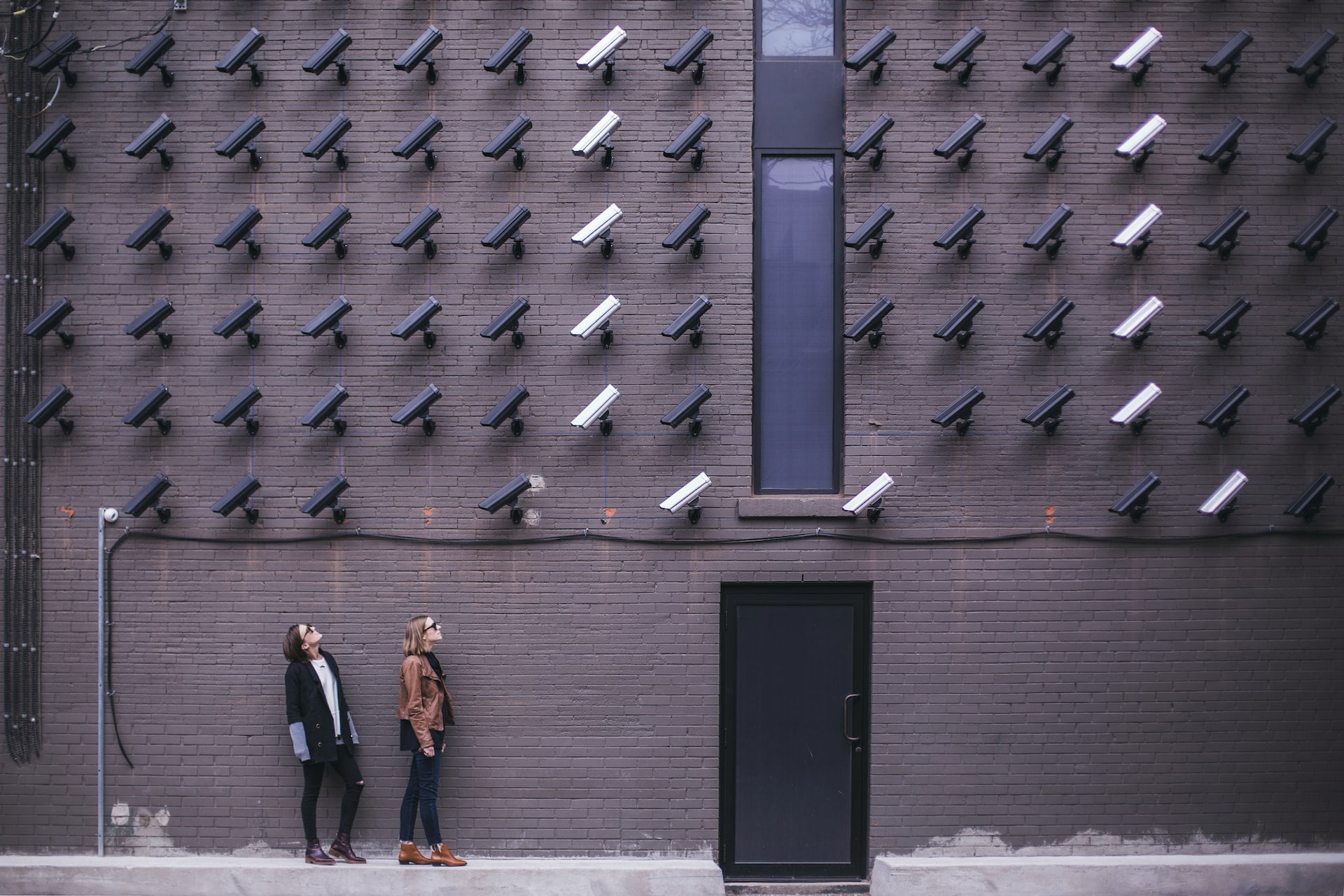Traditional Security Measures: Are They Still Feasible for the Modern Company?

In the early days of business, a locked door was usually all that was needed to keep thieves out. But in the digital age, with cybercrime on the rise, that is no longer the case. In order to protect your company from online threats, you need to implement effective security measures. But are traditional security methods still feasible in today’s world? Let’s take a look at some of the most common measures and see how well they stand up against modern-day attacks.
Photo by Matthew Henry on Unsplash
Locking Your Doors
In the physical world, locking your doors is still an effective way to deter thieves. But when it comes to cybercrime, this measure is not nearly as effective. Hackers can gain access to your systems through a variety of methods, including social engineering and malware. And once they’re in, they can wreak havoc on your data.
Keeping Your Software Up to Date
One of the best ways to protect your systems from attack is to keep your software up to date. Outdated software is full of security vulnerabilities that hackers can exploit. By keeping your software up to date, you can patch these vulnerabilities and make it much harder for hackers to get in.
Training Your Employees
Another important security measure is to train your employees in cybersecurity best practices. Teach them how to identify phishing emails, spot social engineering attacks, and use strong passwords. By equipping your employees with the knowledge they need to stay safe online, you can greatly reduce the risk of a successful cyberattack.
Implementing Two-Factor Authentication
One of the most effective ways to protect your systems is to implement two-factor authentication (2FA). With 2FA in place, even if a hacker manages to steal your password, they still won’t be able to access your account unless they have possession of your second factor as well (usually a physical token or a code generated by an app).
Using a VPN
Another good security measure is to use a virtual private network (VPN). A VPN encrypts all of the traffic between your devices and the VPN server, making it much harder for hackers to snoop on your data.
Backing Up Your Data
Backing up your data is essential for any business, but it’s especially important if you’re worried about cyberattacks. If your systems are breached, you can lose all of your data. But if you have a backup, you can quickly restore your data and minimize the damage.
Monitoring Your Network
Monitoring your network for unusual activity is a key part of protecting your systems from attack. By using tools like an intrusion detection system (IDS), you can spot malicious activity and take steps to stop it before it does damage.
Working with a Managed Security Provider
One of the best ways to protect your business from cyberattacks is to work with a managed security provider. A managed security provider can help you implement the best security measures for your business and provide 24/7 monitoring and support.
CCTV Systems
Closed-circuit television (CCTV) systems are a common sight in businesses these days. And for good reason – CCTV can be an effective security measure, deterring thieves and providing evidence if a crime does occur. CCTV systems can also be used to monitor your employees and make sure they are working safely.
Access Control Systems
An access control system is another way to secure your premises. With an access control system in place, you can restrict access to certain areas of your business, ensuring that only authorized personnel can enter.
Alarm Systems
An alarm system is another physical security measure that can help to deter thieves and other criminals. If an intruder does manage to get into your premises, an alarm will sound, alerting you and hopefully scares them off.
Physical Barriers
Physical barriers, such as fences and gates, can also be effective in deterring criminals. By making it harder for intruders to get onto your property, you can make it more likely that they’ll move on to an easier target.
Security Lighting
Security lighting is another way to deter criminals. Bright lights make it harder for criminals to hide, and they can also help to provide evidence if a crime does occur.
Hiring Security Guards
For businesses that are particularly vulnerable to crime, such as those in high-crime areas or those handling large amounts of cash, hiring security guards can be an effective measure. Security guards can provide a visible presence that deters criminals and they can also respond quickly if a crime does occur.
Reviewing Your Insurance Coverage
If you’re worried about the financial impact of a cyberattack, it’s important to review your insurance coverage. Many business insurance policies now include coverage for cyberattacks, so it’s worth checking to see if you’re covered.
As you can see, there are a variety of security measures you can take to protect your business from cybercrime. But are traditional methods like locking your doors still effective? The answer is yes, but they need to be supplemented with modern cybersecurity measures in order to be truly effective. By implementing the measures listed above, you can give your business the best chance of fending off a cyberattack.





